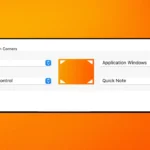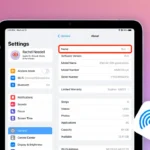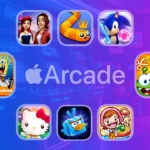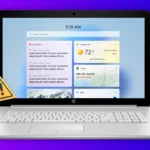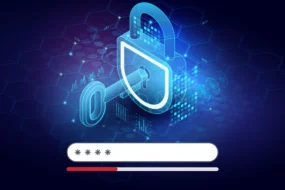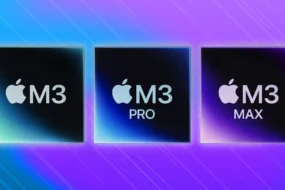The technical equipment of schools and universities is growing, but the level of use of new opportunities leaves much to be desired. The new reality requires new teaching methods since it’s more natural for young people to turn to gadgets in search of information than to any other sources.
Artificial intelligence (AI – artificial intelligence) can ask questions on what has been read and then, depending on what the student said, ask additional corrective questions until the answer matches the expected one. Such a system allows you to personalize the learning process and provide students with additional information if they are confused.
In March 2019, the British IT company Century Tech signed an agreement with the government of Flanders (province of Belgium) to implement its AI-based learning platform. According to the plan, in five years, all 700 municipal schools in the region will be equipped with it.
The Century system is a computer program in which a student, during registration, passes a small test for the interests and existing knowledge. Based on its results, the program determines the strengths and weaknesses of the young essay writers, knowledge gaps, and then assigns tasks to fill them. Teachers have access to student data and track learning progress. According to Lakhani, founder of Century Tech, the program saves teachers up to six hours of work per week.
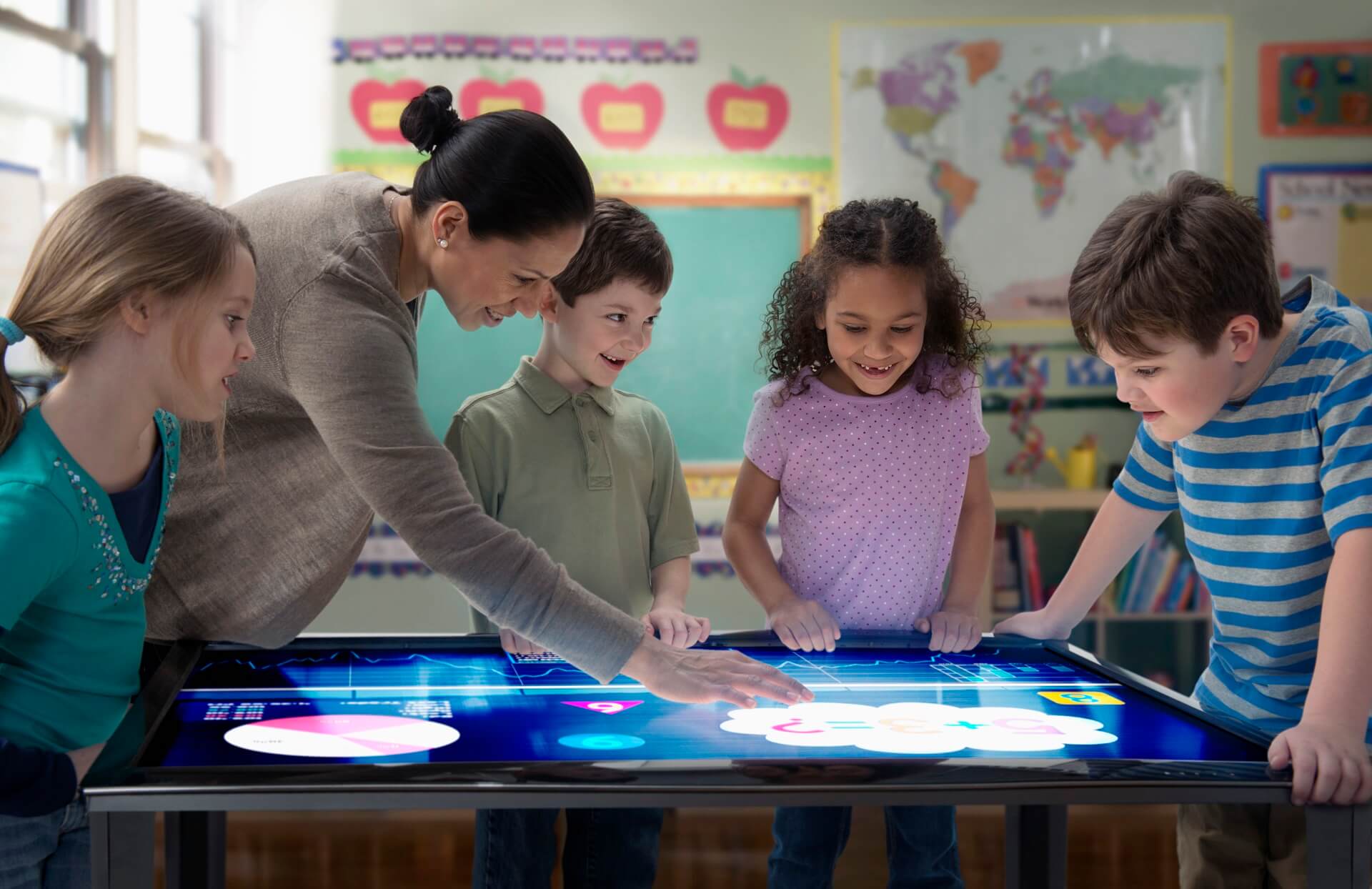
Five years later, the performance of half of the Belgian schoolchildren will be monitored by a neural network. One of the key shortcomings of classical school education is the uniformity of curricula. School programs are discussed, approved, and then sent down to teachers without a single hint of an individual approach to students; that is, it is a kind of rigidly fixed set of knowledge that all students should learn regardless of their interests and capabilities.
Of course, if there are educational standards, they must be adhered to, but the teacher can also reveal the same topic in different ways, adapting the material for a particular student. How to solve this problem without reducing the size of the class to one person? Here, the latest information technologies can come to the aid of a teacher: artificial intelligence (AI), neural networks, and big data analysis.
New Era of Teaching: How Will AI Change the Education System?
Most teachers are overwhelmed now: they have to constantly study and update materials for the lesson, without losing quality. Cognitive computer technology can facilitate routine work and save power by offering integrated, tailor-made materials and dynamic solutions to save time.
The AI Assistant for the teacher helps professional development in the same way as students in the study. Also, such an assistant will help plan lessons with online tools and provide online tutoring to improve the quality of teaching. Virtual teacher support centers will help the development process and contribute to improving learning outcomes.
An online class can be even more interactive and personalized because technologies already allow students to choose when and how to move on: those who quickly learn the material are allowed to go to the next stage, while those who are behind can figure out incomprehensible moments without pressure, ask for help, and practice.
When tests are created and evaluated by the system itself, this primarily saves the teacher’s time, allowing the one to communicate more with students and invest the strength in improving teaching. Automatic test generation and assessment create a semblance of objective reality, removing the unnecessary negative from the teacher, which is inevitable when traditionally setting grades. Such software can not only record the current level of students’ knowledge but also help them plan their studies by issuing lists of what they need to know about the program.
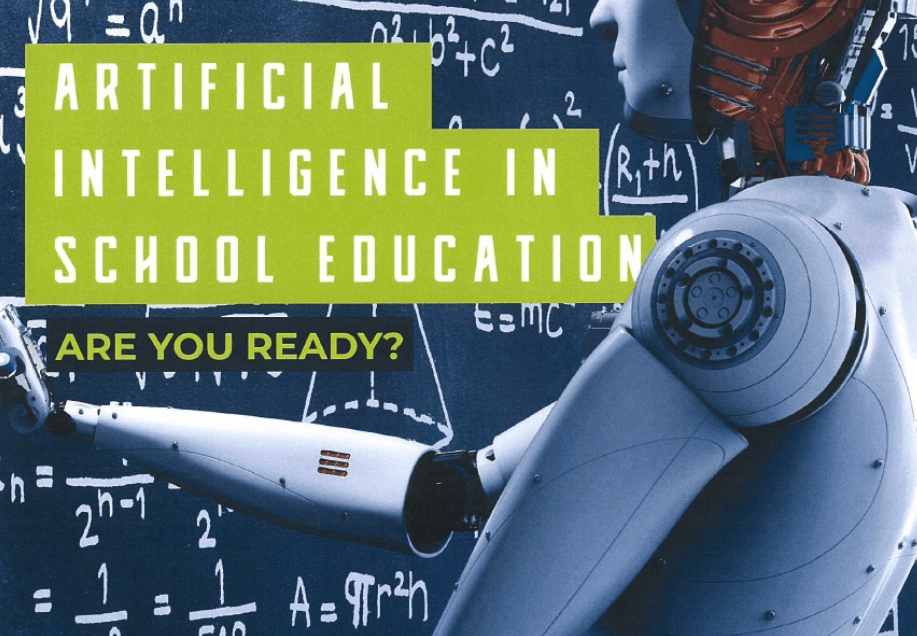
When each student begins to use a personal digital device, it will be possible to talk about the beginning of the introduction of a full-fledged digital school. Total computerization will become the technological base from which individual training plans using AI will already grow. And only then the AI, communicating with the student, will begin to learn and adapt to a specific person.
The AI tutor can become the student’s assistant accompanying him or her in distance learning throughout life. The main problem of an individual curriculum is that it must develop and change with the student. This process depends on the analysis of large data arrays, so even the most experienced teacher cannot cope with this: this task can be done only by AI.
A personal AI assistant can go through a routine topic, work on a navigator in a sea of digital information, find and organize data on request. Such an assistant can make a schedule for students, and select classes in online courses at the right time, progress in the search for programs.
Find out more:

